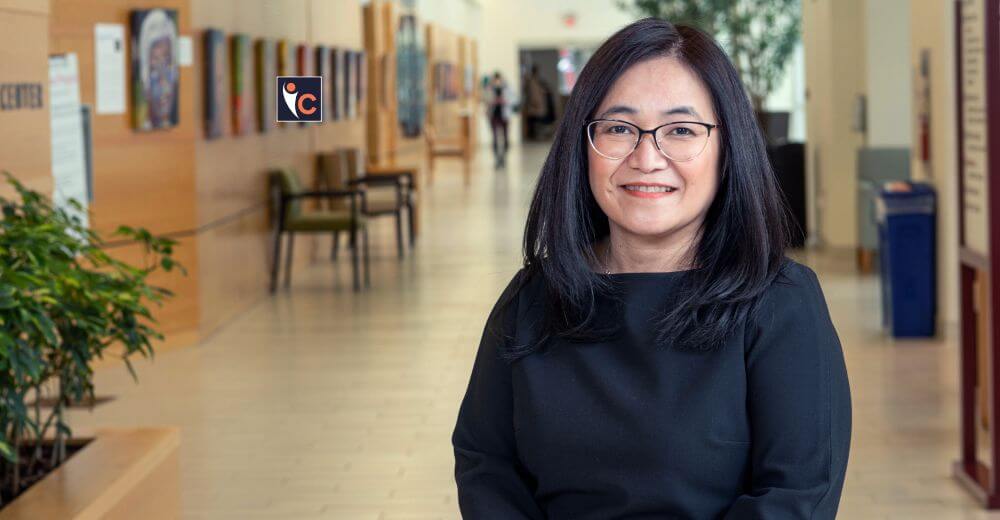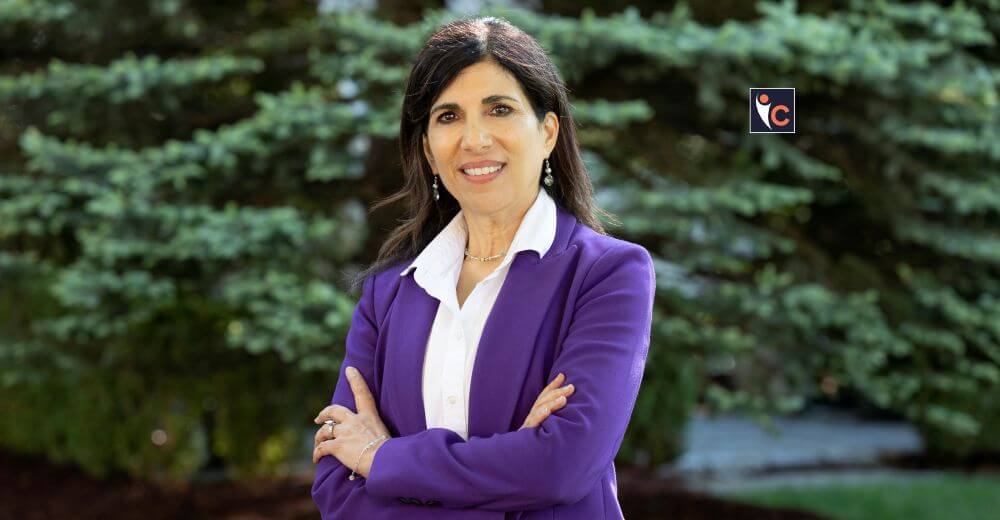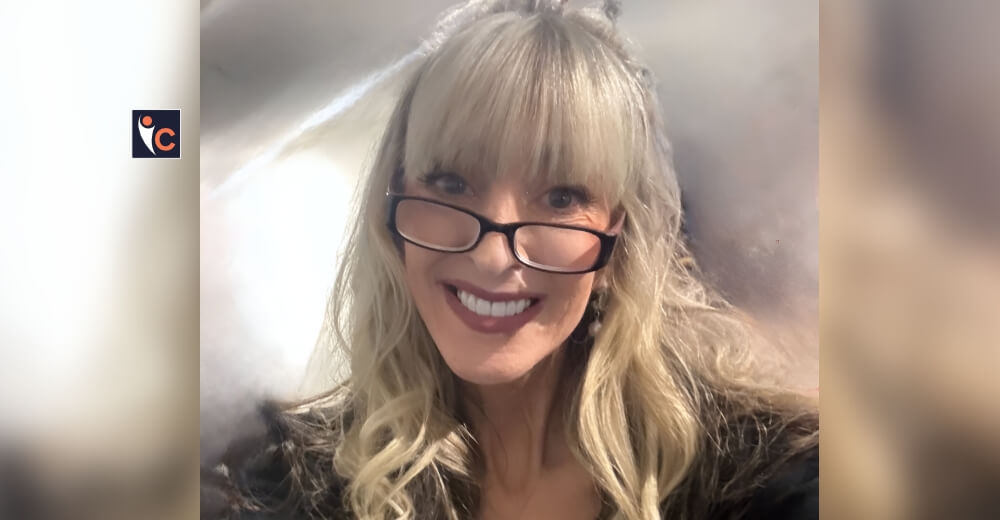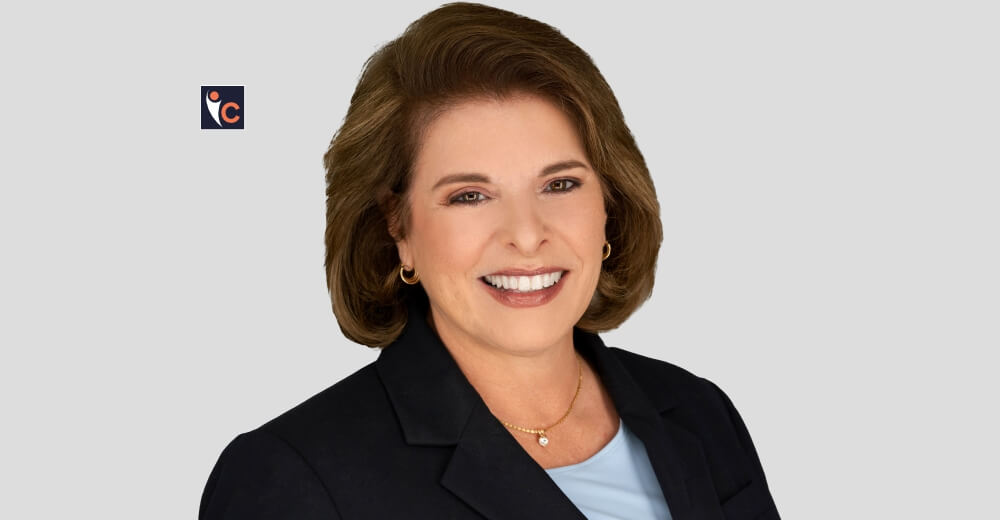Amidst geopolitical dialogues, some concerning issues frequently highlighted are those of climate change, biodiversity conservation, sustainable development, and the list may go on!
However, around such national and international upgrades in geostrategic development, healthcare has successfully grabbed global attention. Although every topic is as important as the other, the key that connects them is the efficient functioning of medical systems, as it was highlighted and conveyed evidently even in the recent context of the global catastrophe commonly known as the COVID-19 pandemic.
To make this possible, it is undoubtedly essential to prioritize bringing in professionals inside the system that aids its restructuring with innovative ideas along and enhances its emotional connection with patients.
One such young healthcare leader is the General Practitioner of St. Peter’s TB Specialized Hospital – Dr. Addis Alemayehu. The fact that she responded to the urgent call of care during emergencies, especially when she had just graduated, highlights her true dedication to working and her ambition to develop the sector as per the needs of the future. Coming from a family of doctors, she found her inspiration in her father, which has guided her in her journey till now.
Her work experience as a clinician at St. Peter’s TB specialized hospital has opened doors for her to inquire about the healthcare environment up close. The hospital is driven by the goal of building a first-class patient-focused service based on high-quality and evidence-based practices throughout the organization. As a physician practicing in a country like Ethiopia, which has a double burden of both communicable and non-communicable diseases, she propagates that it is mandatory and appropriate to transform the “Sick-care” mindset to the “Health-care” mindset, which emphasizes ‘prevention’.
As the clock of the healthcare world ticks, her response to its needs has seen nothing but dedication, hard work, and progress.
Through the interview highlights below, let us dive into the further details of her inspiring tale!
Dr. Addis, please shed some light on your leadership journey in the healthcare space.
It was only a month after my graduation when the WHO declared the Novel Coronavirus (covid-19) a global pandemic. It only took a few weeks till I found myself in the heart of the response team. Fresh out of medical school,
I was face-to-face with the unknown. It was an unprecedented time in medicine, and I stepped up to the plate. I started my career at St. Peter’s TB specialized hospital, which was one of the largest dedicated COVID-19 treatment centers in Ethiopia. The hospital went through a rapid reshaping, and I was assigned to the ICU (Intensive Care Unit), where, mostly, severely ill patients got admitted. The cases started to escalate, and COVID-19 was at its peak. Our team was multidisciplinary, composed of multiple professions, and as the saying goes, “Teamwork makes the dream work” it was there that I learned how communication, collaboration, and respect for each other pay in full.
It was also a time when I was tested mentally, physically, and emotionally. It needed a lot of courage from each and every one of us to see what we have seen day in and day out, to deal with people at the worst moment of their life, and to work in a system that couldn’t cope with the pressure it was under.
Anxiety was our day-to-day experience, and I found it challenging to detach myself emotionally from my patients. But against all the emotional turmoil, one truth stands out clearly, the reason I chose medicine, nothing as rewarding as seeing my patients leaving the hospital in good health with a big smile.
And I learned that courage was not the absence of fear but the triumph over it.
What was the inspiration that prompted you to venture into the healthcare niche?
Being in the field of medicine is a family tradition. Most of my family members are serving in the sector, but I especially was inspired by my father. He has worked in the healthcare industry for almost 30 years. Still, to this day, he loves every minute of it. He has motivated me to take his footsteps and have an impact on the lives of people in my community.
My interest in the fields of biology and chemistry back when I was in high school has added to my decision. But most importantly, after I started my medical school journey, I was assured it was a calling simply because it was where I cultivated empathy. The medicine this world needs.
Being the general practitioner at St. Peter’s TB Specialized Hospital, how do you envision growing your network operations into the healthcare niche?
My work experience as a clinician at St. Peter’s TB Specialized Hospital has opened doors to inquire about the healthcare environment up close.
Our hospital has a goal to build a first-class patient-focused service based on high-quality and evidence-based practice throughout the organization. Achieving those goals stands in need of continuously improving all services through quality management, empowering employees to make the appropriate decision, using training, and cultivating the discipline of teamwork to enable all employees to achieve their full potential.
And I have been actively engaging in continuous professional development programs. That aim is to set high standards across the hospital for staff development which in turn helps enhance productivity and keep our professionals updated with the latest medical trials and research.
We are also working in collaboration with both governmental and non-governmental institutions in the sector, all to give the best care possible. It delights me to contribute and advance its step forward.
From initiating your career as a medical intern, what were the challenges you faced? Could you please enlist, for us, the professional hacks that helped you become the grand success you are today?
I say the medical school has it both, a challenging prospect and a rewarding experience. And students need to have a clear motive with a true understanding of the field. The challenges begin early and endure. Long hours of studying/heavy workloads, finding the study/work/life balance, and physical burnouts are the bare-bones to mention.
I would like to remark on two possible solutions to the main challenges that I have come across and that could be encouraged to make the medical journey less stressful and more enjoyable.
Academic coaching program: it’s a recently adopted program for western medical schools, and I strongly believe bringing this approach to our setup would be a powerful tool. Its aims are:
Providing guidance: It is to help medical students navigate through the system. Identifying issues early so that students will be guided in the right direction, with regular follow-up and feedbacks.
Developing a student work-life balance: This goes beyond helping them in their academic success. It helps students develop their own healthy life habits that could sustain them throughout their medical training and career.
Clinical connectivity: Providing processional socialization with their seniors and other clinical faculty members.
Mentorship programs for post-graduate doctors: since there are many potential career options after graduating with a medical degree, this program will focus on helping graduates explore and choose the path that sparked their interest the most.
I have been fortunate enough to find coaches and mentors throughout my journey, but it required a lot of my energy and time. So, I hope we adjoin these programs into our system and lend a helping hand to our future physicians.
Can you please share with us your initial professional experience, and what were the learnings that made you ramp up your growth curve?
My initial professional experience as a front-line physician during the pandemic has made a huge impact; it has helped me to identify a career path. The fact that it shed light on the gaps that needed to be filled has drawn me to choose public health.
As a physician practicing in a third-world country with a double burden of both communicable and non-communicable diseases, it is mandatory and appropriate to transform the “Sick-care” mindset to the “Health-care” mindset, which emphasizes prevention. As Benjamin Franklin once said, “An ounce of prevention is worth a pound of cure.”
There is a lot that can be done – from reforming health policies to promoting healthy behavior. I aspire to be a global advocate supporting this huge cause and making a lasting impression to improve society. It is all for the greater good of the human race, which resonates with me the most.
As a successful leader in the healthcare niche, what is your opinion on the future of medical research, which is currently grabbing the global spotlight?
Medicine is a field where a constant and never-ending need exists – a need to generate new information and build up improved and more effective ways of protecting and promoting health as well as reducing diseases.
The era of modern health research started after World War II with early studies of antibiotics. And since then, it has led to significant discoveries, the development of new therapies, and a remarkable overall change in the healthcare and public health sector.
I encourage my fellow enthusiasts to be a part of this incredible, creative, art and science aspect of medicine. As being a part of the solution is what we do best.
Please give us your valuable input on the future of the healthcare niche for budding enthusiasts aspiring to venture into the medical niche.
The world is changing faster than ever before, driven by science and technology. And a revolution is coming up in the healthcare niche as well – from telemedicine to using cutting-edge technologies such as AI (Artificial Intelligence) to help diagnose diseases and to gain better insight into treatments and preventive measures – that could benefit all.
Taking that into account, as an emanating physician myself, I strongly believe that we need to engage in the implementation of innovative technologies. Further, we need to lead the adoption of new systems into the healthcare ecosystem. And finally, engaging with this interview has helped me reflect on my journey so far. It was indeed insightful. Many thanks to the Insights Care magazine team for having me.
Read More Interviews: Click Here














